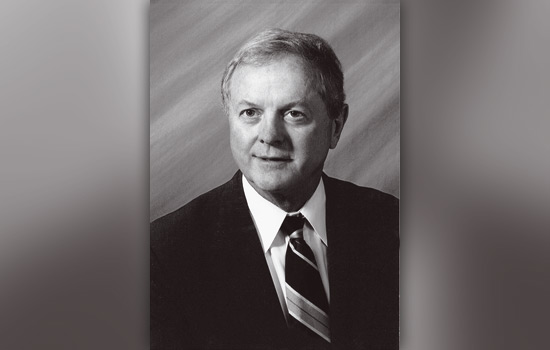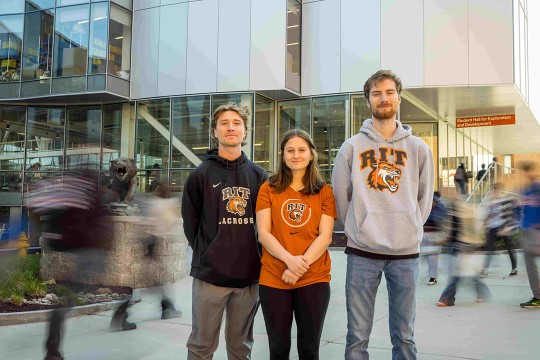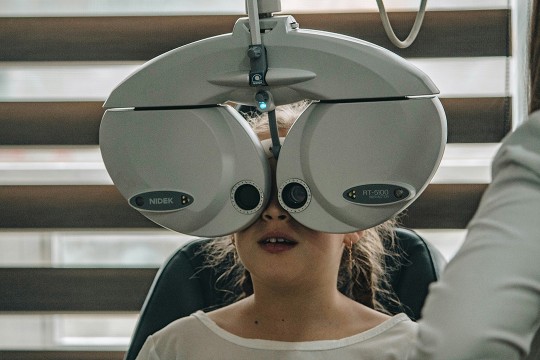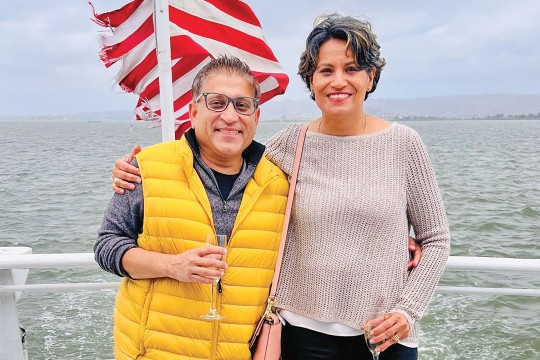State justice ruled out retail
A. Sue Weisler
David Egan ’62 (business administration) worked at Edwards Department Store on his co-op �and didn’t like it. He later became a New York State Supreme Court justice.
One holiday season in the early 1960s, David Egan ’62 (business administration) worked the cash registers, created displays and stocked the shelves in the toy department at Edwards Department Store in downtown Rochester.
That was when the future New York State Supreme Court justice was on co-op from RIT. His biggest immediate takeaway: retail wasn’t for him.
“It did not appeal to me,” he says. “The people at the buyers’ level and the management level were often back-biting each other and were really struggling hard to advance.”
But the long-term lesson from this co-op experience—working with people— followed him throughout his career, as a high school teacher, lawyer and a justice on the highest trial court for civil and criminal cases in the state.
Egan attended RIT when it was downtown and remembers his senior year when the school announced it was moving to Henrietta.
“All the kids went out on the street and we were celebrating, but we didn’t know what we were celebrating,” he says.
After graduating, he taught high school business courses and coached wrestling and track (he was a wrestler at RIT) at Iroquois Central School District in Erie County, N.Y. He decided to go to Albany Law School in 1964 when he realized the salary projections for a teacher in the district at that time weren’t good.
He practiced law for 16 years with his brother, Patrick, and served four years as a Gates Town Justice. That led to a position as Monroe County Court judge in 1984. He was appointed to the Supreme Court in 2000 by Gov. George Pataki, won the election later that year and was on the court until he retired in 2011.
Egan says he enjoyed working with the attorneys and other judges and used the business skills he learned at RIT when analyzing finances in matrimonial and civil cases.
When he was at RIT, he didn’t have grand goals for his career, like many of the students do today, he says. The most important part of his co-op experience is that it helped him pay tuition so he could finish the four-year program.
“The co-op program was always the strength of RIT,” he says. “It made RIT different from other colleges and certainly helped a lot of people without finances obtain an education.”















